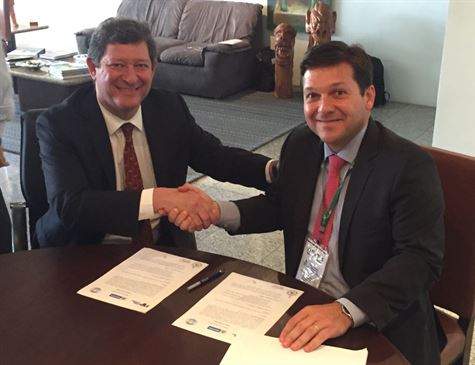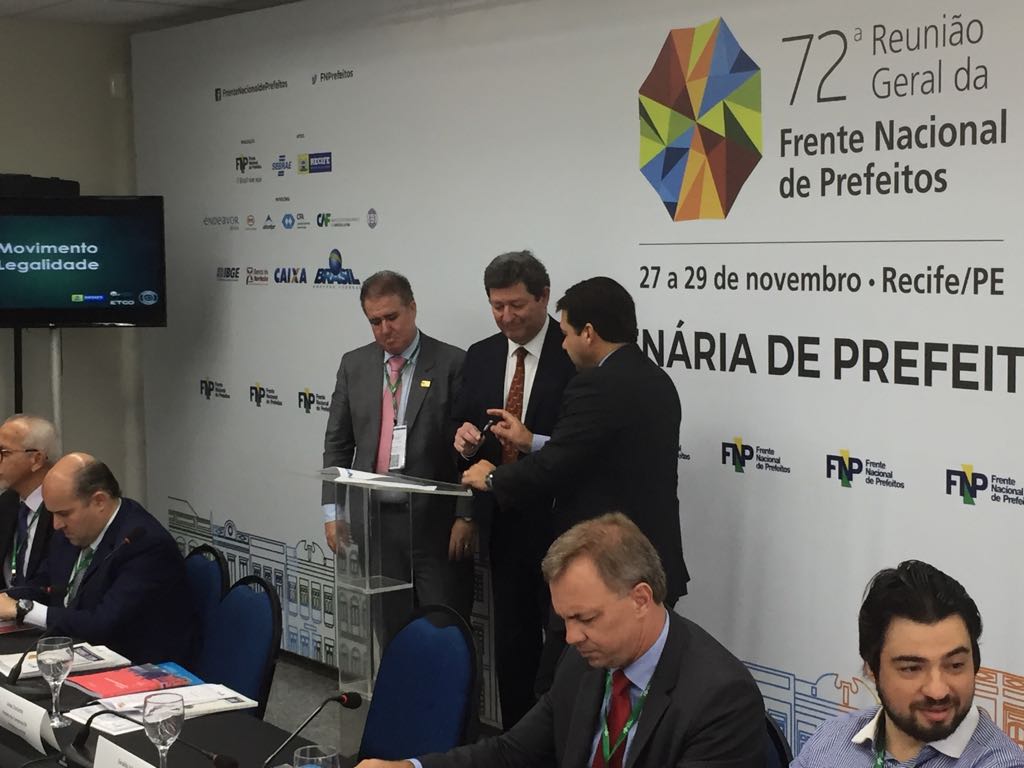On December 04th, the OAB / RJ Commission on Industrial Law and Piracy, chaired by lawyer Paulo Parente Marques Mendes, promotes the seminar "Is it possible to stop piracy?" in celebration of the National Day to Combat Piracy, day 3.
The date is celebrated 12 years ago and is a way to raise awareness and warn about the dangers of buying and consuming counterfeit products.
According to the president of CPIP, the event, held for the second year at the headquarters of the OAB in Rio de Janeiro, is a way of bringing together specialists from different areas to question the feasibility and solutions to end the practice in all sectors. "The commission wants to question the behavior of society and encourage consumers to adhere to the habit of buying the original product", he highlights.
In 2016 alone, the illegal market moved 130 billion reais, according to data from the National Forum to Combat Piracy and Illegality (FNCP). The reasons for the free commercialization of these products vary, but Parente warns that the low price, the biggest attraction, is also one of the main risks for the consumer. “With the trade in these goods, everyone loses. The State loses, the country loses, the entrepreneur loses and society loses too, since in this way the State fails to collect wealth, reducing the collection of taxes and, with that, the amount of jobs generated ”, he warns. In addition to the impact on the economy, consumers may be putting their own health at risk, since counterfeit products do not pass the technical quality certifications required for use by the general population. Cigarettes, watches, bags, pharmaceuticals, automotive parts and eyewear are among the most smuggled products.
Luiz Otávio Pimentel, president of the National Institute of Intellectual Property (INPI), will also participate in the debate panels; Edson Vismona, president of (ETCO) and the National Forum Against Piracy and Illegality; Sydney Sanches, chairman of the Copyright, Immaterial and Entertainment Commission of OAB / RJ; Deborah Portilho, president of the Fashion Law Commission - CDMO of OAB / RJ and Felipe Santa Cruz, president of OAB / RJ, among other specialized institutions. A symbolic destruction of counterfeit goods will end the program.
Complete schedule: http://www.oabrj.org.br/evento/20312-pirataria-palestra
Date: December 4, from 8:30 am to 13:30 pm
Location: OAB / RJ - Avenida Marechal Câmara, 150, 4th floor - Plenary Evandro Lins e Silva









